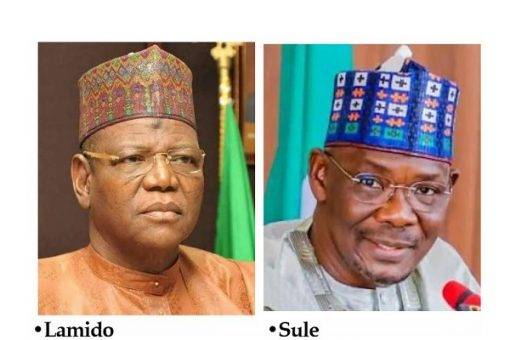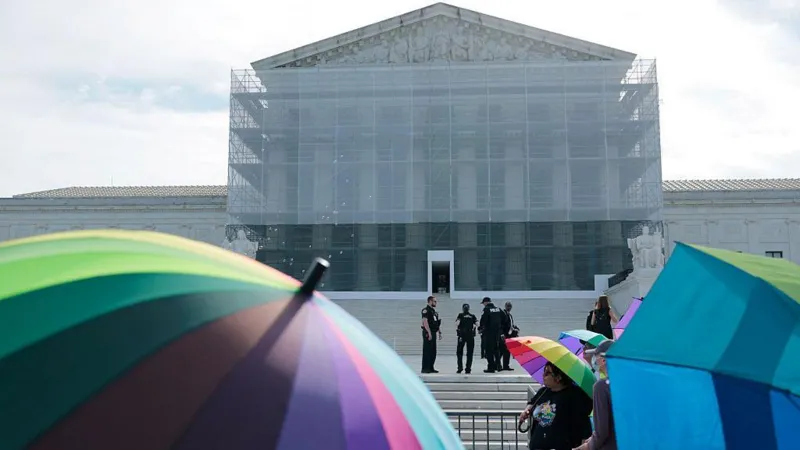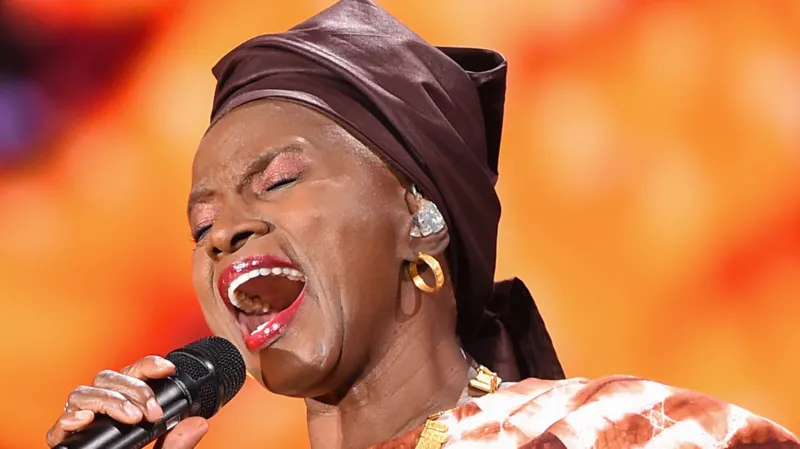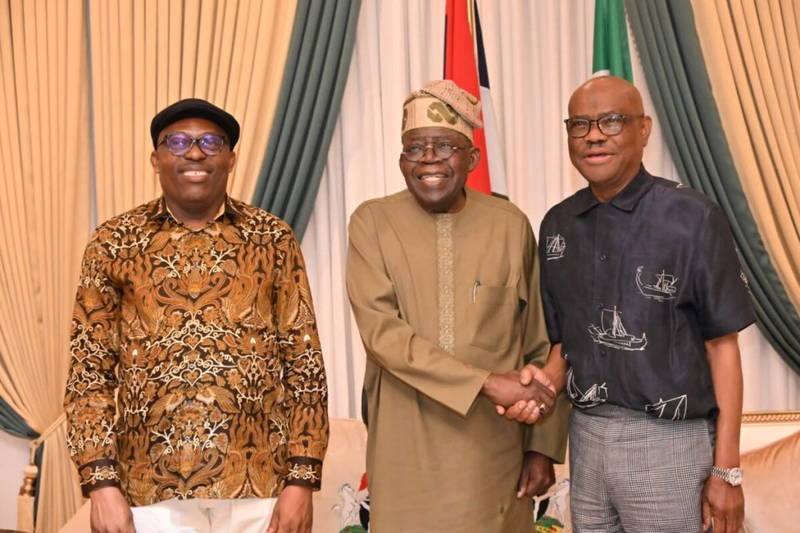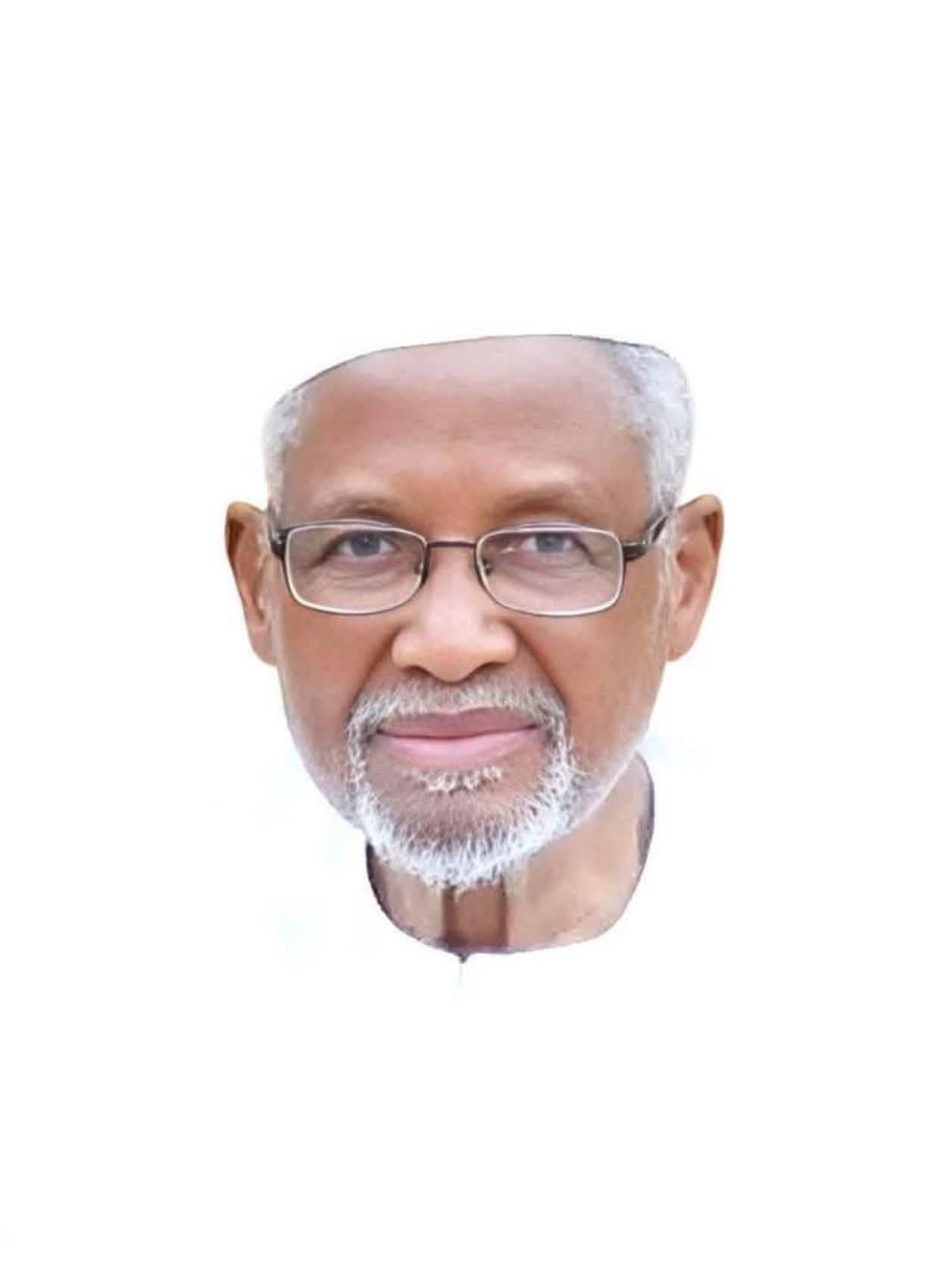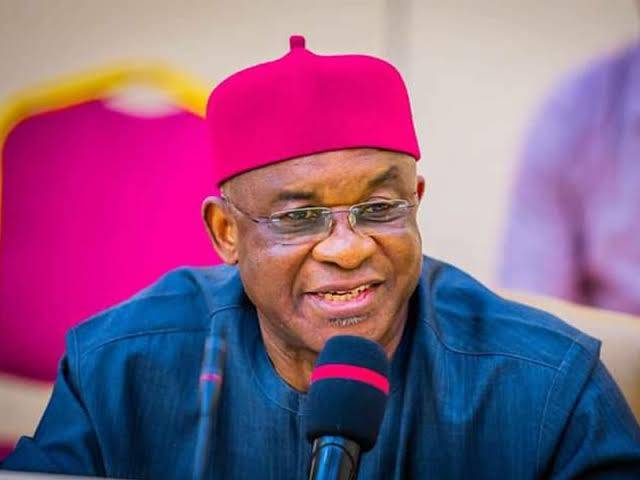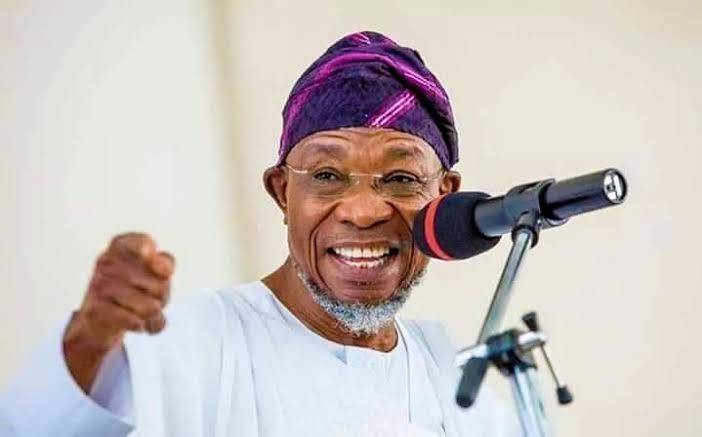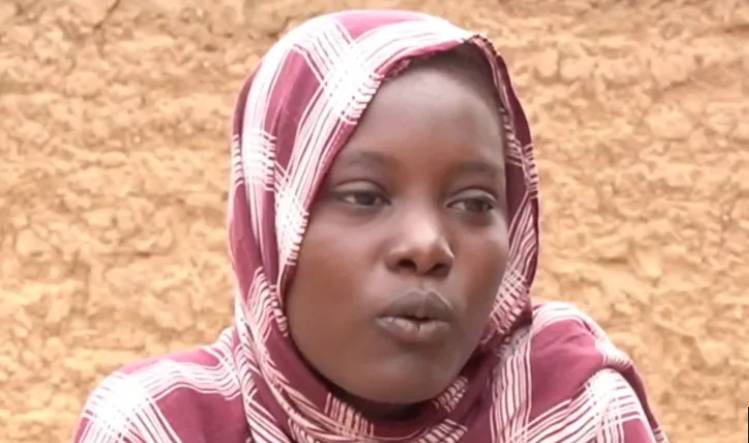From his birthday remarks, President Bola Tinubu disclosed he was close to quitting the 2023 presidential race. But he didn’t quit, and for reasons he has not fully explained. One day he will. The first part of this piece examined the spiritual dimension of the president talking and speaking his way to victory in a race that was loaded against him in every area and ramification. In retrospect, and despite the divisive and hypothetical postulations of his leading opponents in the race, Nigeria is fortunate that the president stayed in the race, won, and assumed office. Scores of former leaders and leading politicians desperately worked to get the victory annulled or the swearing-in abandoned, but former president Muhammadu Buhari and eventually the country stayed the course.
Two major factors indicate how fortunate the country is that President Tinubu held out and eventually won. It does not matter whether he was hated before the poll or is still hated after, nor whether some analysts rate his economic and political measures and interventions high or low and disastrous. What matters is whether his two main opponents in that race would have added value to Nigeria on the scale and existential issues President Tinubu’s election has done. Secondly, it also matters that he is idiosyncratically suited to taking the huge and seismic measures needed to reposition the economy, which measures his predecessors had scorned. Consider, for instance, what the election of former vice president Atiku Abubakar or former Anambra governor Peter Obi would have meant for Nigeria had President Tinubu abandoned the race. No matter how the 2023 race is analysed, Alhaji Atiku would have won if President Tinubu did not run. He had better network than Mr Obi, had selected a Christian running mate, thus rendering the same-faith factor nugatory, and was far more experienced than his theorising opponent. Mr Obi would have stood no chance.
But much more than that, what would have made President Tinubu’s exit from the race impactful for Nigeria is what an Atiku presidency would mean for the country. He tried to galvanise northern support by appealing to ethnic sentiment, a factor he has not quite abandoned in his persistent desire to re-enter the race in 2027. Had he run and won, he would have succeeded another Fulani man who presided over Nigeria for eight years with devastating consequences for the Middle Belt and the South. His presidency, whether Nigerians like it or not, would have reinforced not only the myth of Fulani leadership over Nigeria, but also the myth of the indispensability of the endorsement of a few oligarchs. President Tinubu shattered those myths, in addition to consigning the religious balance requirement to the dustbin. Worse, an Atiku presidency, which would probably have run for another eight years, would have destroyed the confidence and psyche of other aspiring political leaders from the South and made them and other minority groups obsequious and defeated.
As it stands, any aspirant who understudies how the late MKO Abiola and President Tinubu crunched the political numbers and ran their races, and that aspirant perhaps does even better than the two eminent politicians, would stand a good chance of winning. Had Atiku run and won, it would have taken an epiphany sometime in the far future to appreciate that as a matter of fact, no northern or southern politician could win office without receiving substantial support from other regions. President Buhari tried it three times and failed because his campaign was insular and based on the unfounded myth of overwhelming northern electoral numbers. President Buhari had that regional dominance but still failed, until he reached out and expanded his horizon. Had President Tinubu exited the race and Alhaji Atiku won, that salient and all-important geopolitical dynamics would have been lost in the tumult of the race. Now, it is abundantly clear that President Tinubu, like him or hate him, understood how to win the presidential race, a lesson particularly useful for future southern aspirants, and humbling for future northern aspirants who can’t draw the right examples.
In 2027, Alhaji Atiku will still not stand a chance, assuming he becomes a standard-bearer, and not even if he promised the Mandela option of a single term. His politics are too jaded, and his worldview unfortunately too parochial. Likewise, Mr Obi stood no chance in 2023 and will stand no chance in 2027, despite his risible politics of trying to be all things to every region and every person. His politics was fatally damaged in the last presidential race when he framed the election as a religious war. The electorate will confront him with his fervour if he joins forces with Alhaji Atiku.
There is yet a second calamity Nigeria was spared by the participation and victory of President Tinubu in the last poll. The pains that accompany his economic measures may prevent many Nigerians from valuing his boldness, while his appointments may incidentally stoke ethnic apprehensions and anger proponents of ethnic exceptionalism, but there is no denying the fact that his controversial measures have completely rejigged the fundamentals of the Nigerian economy and positioned it for extraordinary growth in the years ahead. The measures have started to yield dividends, particularly in terms of opening up the economy and reclaiming lost grounds, but the accompanying early pains had made some Nigerians to be dismissive about his person and policies. Yet, neither Alhaji Atiku nor Mr Obi, who both unreflectingly confessed that they would not have embraced such measures, would dare reverse the policies should they win in 2027. Of course they won’t run, let alone win, but it bears restating that the tectonic shifts the Nigerian economy is witnessing today, and enduring stoically, would never have occurred had President Tinubu abandoned the race as he hinted.
Today, and going forward, Nigerians may be acculturating to the fact that anyone one with enough savvy and grit can run for the presidency. President Tinubu, much more than Chief Abiola, shattered so many myths and made that realisation possible. His staying in the race and winning it also shattered the myth that a president must be a captive or stooge of shadowy principalities both to run for office and revert to them for support over difficult and controversial policies, especially economic policies. President Tinubu is turning the economy inside out in a way neither Alhaji Atiku nor Mr Obi could have dared. Thank God for that. This does not of course mean that all his policies are infallible or that the president himself has become a mythical figure. It is, however, important to note that his presidency has greatly affected Nigerian politics in ways no one else could have done. How he reinforces the great highlights of his presidency to leave the country and the people changed forever will depend on what he does in the years ahead. For now, he must have the satisfaction of knowing that his staying in the race in 2023 has done for the country what his exit could never have done. It is a milestone worthy of reminiscing at 73. He needs many more such milestones, including remaking the country’s structural foundations, to cement his place in history, whether his policies are understood and appreciated now or not.
Concluded



